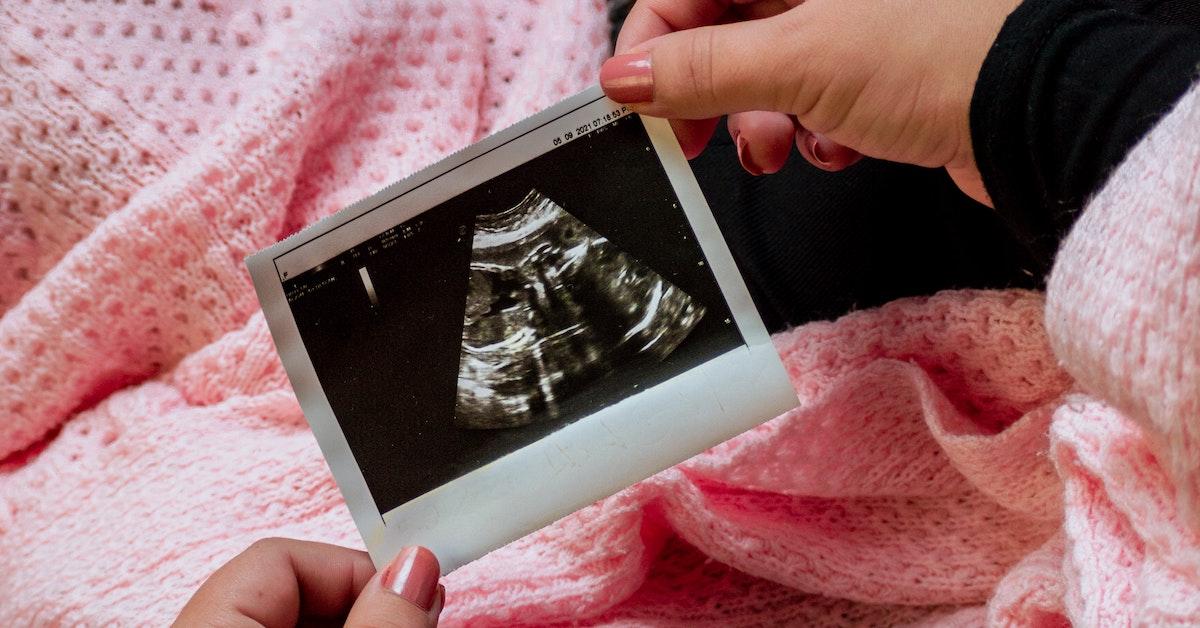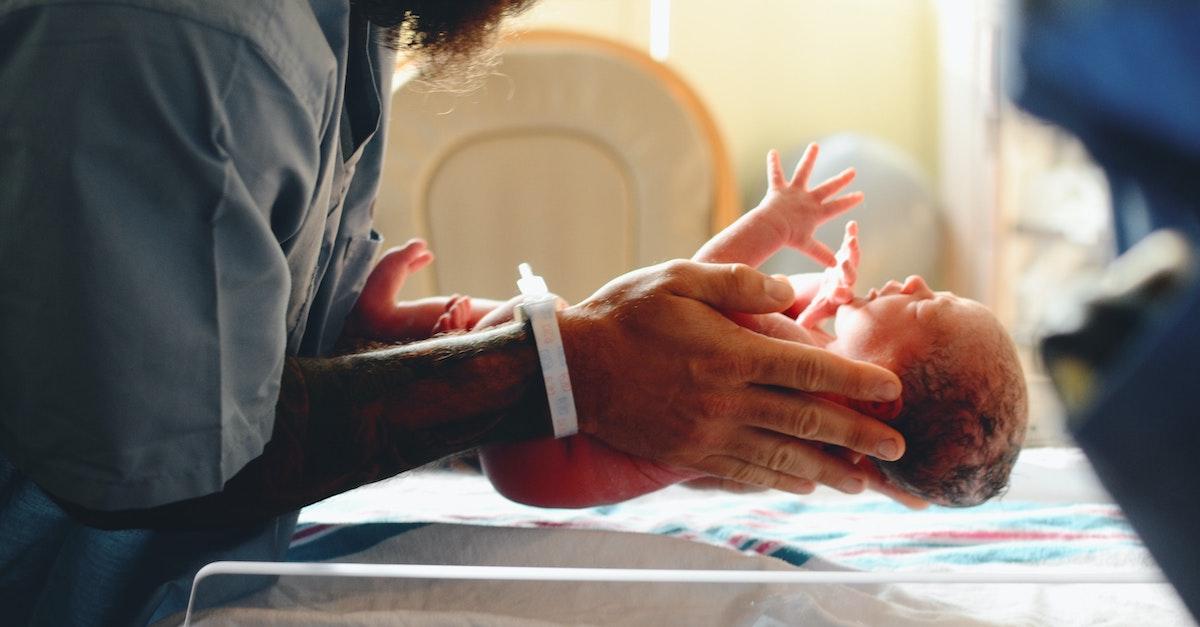Abortion Rights or Infanticide? California's Assembly Bill 2223 Leads to Confusion
Abortion is a hot button topic and California's AB 2223 makes it even more contentious. What does AB 2223 mean for reproductive health?
April 18 2022, Updated 2:11 p.m. ET

Woman carrying child
Introduced by Assemblymember Buffy Wicks on February 15, 2022, AB 2223 is a bill that focuses on reproductive health, specifically abortion. The bill was recently amended in an assembly on April 6 and it's getting mixed responses. So, what does the bill say about reproductive rights?
It isn't a secret that abortion rights are a hot-button subject, even in blue states such as California. AB 2223 seems to protect reproductive rights in the eyes of some, while others believe the bill protects people who intentionally kill their babies. Here is AB 2223 explained.

Buffy Wicks poses for photo
What were laws about reproductive health before AB 2223?
According to the bill, under existing law, a county coroner must investigate the circumstances or cause of "violent, sudden, or usual death" including criminal abortion (self-induced).
Also, existing law states that a coroner must "register a fetal death after 20 weeks of gestation, unless it is the result of a legal abortion." The death must also be handled as one without medical assistance if a physician wasn't present. The existing laws prohibit the state from impeding a person's right to an abortion before "the fetus is viable" or when needed to protect the life of a pregnant person.
Lastly, the current law states, "Under existing law, an abortion is unauthorized if either the person performing the abortion is not a health care provider that is authorized to perform an abortion or the fetus is viable."

What does AB 2223 mean for abortion?
AB 2223 would remove the requirement for a coroner to investigate deaths related to or "following known or suspected self-induced or criminal abortion." Also, AB 2223 would change the mandate that fetal deaths that occur without the attendance of a physician be treated as "a death without medical attendance." According to the analysis, the bill would prohibit using statements from the coroner to support or bring criminal charges against someone.
The bill protects a person who aids or assists a pregnant individual who seeks to exercise their reproductive rights. It states, "The bill would clarify that an abortion is unauthorized if performed by a person other than the pregnant person and either the person performing the abortion is not a health care provider that is authorized to perform an abortion or the fetus is viable."

Critics of the bill believe the language legalizes infanticide.
Infanticide by definition is "the crime of killing an infant." Other definitions use infant and child interchangeably and may add "within a year of birth." Critics of the bill believe the language isn't clear and legalizes infanticide.
The California Catholic Legislative Network stated, "AB 2223 now includes 'perinatal death due to a pregnancy-related cause.' However, according to California Welfare and Institutions Code 14134.5, the term 'perinatal' is defined as 'the period from the establishment of pregnancy to one month following delivery." Other critics believe that this bill gives a pass to women "self-managing an abortion."
Fact checkers address false claims.
According to PolitiFact, there has been a Facebook claim circulating that states, "California introduces a new bill that would allow mothers to kill their babies up to 7 days after their birth." PolitiFact's Khiara M. Bridges, a professor of law at UC Berkely School of Law, stated that the amendment should "clarify that the bill is not meant to protect people who intentionally kill their babies."
PolitiFact stated that the bill would update the Health and Safety Code stating that a person can't be prosecuted "based on their actions or omissions with respect to their pregnancy or actual, potential, or alleged pregnancy outcome, including miscarriage, stillbirth, or adoption, or perinatal death." The article points out two cases where two women were prosecuted for delivering stillborn babies. The officials ruled that the methamphetamine that was found in the fetus' system led to death.
According to Assemblymember Wicks, "No person should face prison time for a tragic pregnancy outcome, and this bill will ensure that prosecutions and investigations have no place in reproductive healthcare." Politifact ruled that the initial Facebook claim is false because the law focuses on not criminalizing women losing their babies due to pregnancy-related issues. Reuters Fact Check clarified a similar claim.
